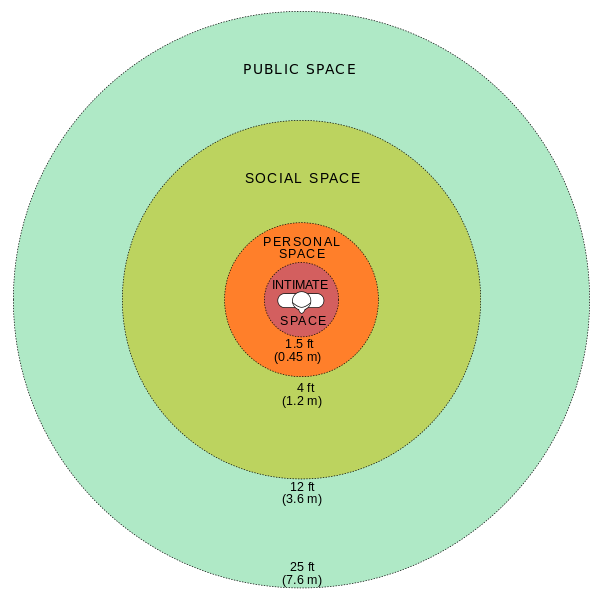Huge churches are fun. You get to have very specified opportunities like “middle school goth ministry” and “forty-something single pet owner ministry.” You get to do things “professionally”. You have a budget. You have cool lights. It’s exciting.
When I read scripture and the accounts of the early church of the first few centuries, I hear stories of men and women dedicated to sharing their lives with each other. They sold off their land because they were focused on making sure “there were no needy persons among them.” They cared for the hungry, the lonely and the sad within their own ranks.
From Scripture, I can tell you that this happened because they were learning to live out the teachings of Jesus together. It happened because the Holy Spirit empowered them to live sacrificial lives.
I would like to suggest it happened for one other reason: they actually knew each other.
While there are many huge churches that do great things, I get excited when I hear stories of churches where the people are sharing life and doing mission together. Social and evolutionary science affirm what seems like common sense: you can only know so many people.

150 monkeys
The Dunbar Number, also known as the Monkeysphere, was popularized by Malcolm Gladwell’s The Tipping Point as “The Rule of 150.” Dunbar theorizes that people can only handle about 150 relationships at a time. One theory was that the size of a primate’s neocortex was directly related to the size of their social groups, hence the term “the monkeysphere.” Dunbar’s research show that everything from traditional tribal life to the number of Facebook friends you keep track of is always somewhere between 100-230.
Give people their space
Churchhill famous said “We shape our buildings; thereafter they shape us.” One of the ways this is true is the social science of Proxemics. The primary idea of proxemics is people stand or sit in proximity based on the closeness of their relationship. When speaking with my best friend, I’ll stand closer than with a complete stranger. The reverse of this is obvious: It’s harder to get to know someone in a gym than in a coffee shop.
The real deal
With all the hubbub about ministry to millennials and a decline in church attendance, I’ll offer one unsolicited opinion. Our culture is craving authenticity. It’s the reason we have mason jars at weddings and the magazine Kinfolk. It explains the success of raunchy yet vulnerable comedians like Louis C.K. and Kevin Hart.
People are very interested in a spiritual life, but not one that seems overproduced. Perhaps the best way churches can facilitate that is by staying small enough to actually know each other.
This is one of the ideas behind what we’re aiming for at Austin Mustard Seed. Come visit us this Sunday at 10:30 to learn more. If it blows up and we have too many people, we’ll figure something out 😉











 Tweets
Tweets